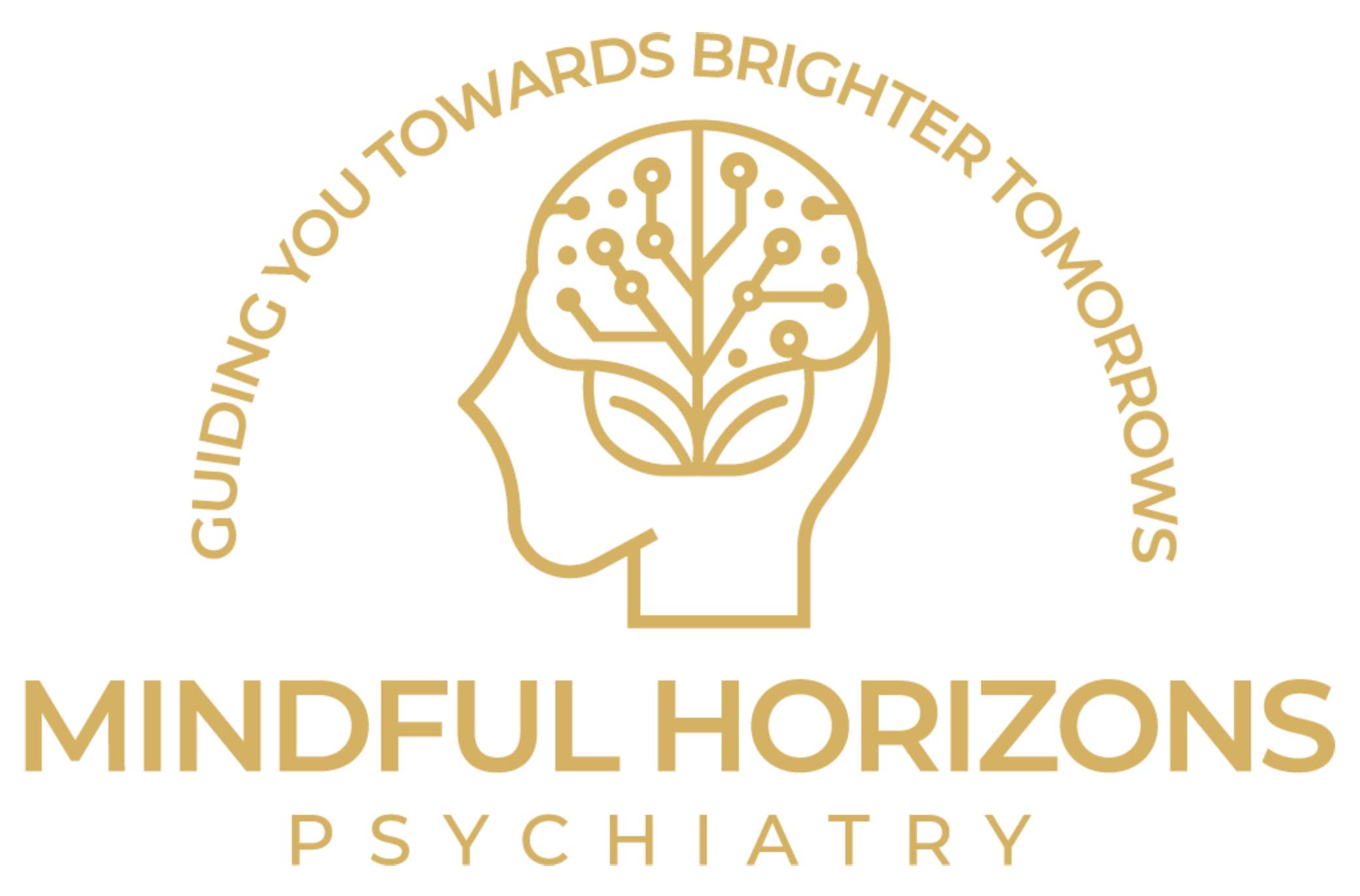
Psychiatry vs. Psychology: Understanding the Differences
The fields of psychiatry and psychology are integral components of mental health care, each contributing distinct perspectives and approaches to understanding and treating psychological issues. While these professions share a common goal of improving mental well-being, they differ significantly in terms of education, training, and the nature of their interventions. This essay delves into the disparities between psychiatry and psychology, shedding light on their unique roles in the mental health landscape.
Psychiatry: The Medical Perspective
- Medical Training: Psychiatry is a medical specialty, and psychiatrists are medical doctors (MDs) or doctors of osteopathic medicine (DOs). They undergo extensive medical training, including general medical education followed by specialized training in psychiatry. This education equips them to understand the biological aspects of mental health and diagnose and treat mental illnesses using a medical framework.
- Prescribing Medications: One of the primary distinctions is the ability of psychiatrists to prescribe medication. Psychiatrists, as medical doctors, can utilize psychotropic medications to manage mental health conditions. This includes antidepressants, antipsychotics, mood stabilizers, and other medications that directly impact brain chemistry.
- Medical Interventions: In addition to prescribing medications, psychiatrists may recommend and administer other medical interventions, such as electroconvulsive therapy (ECT) and transcranial magnetic stimulation (TMS), for certain conditions.
- Holistic Approach: While psychiatrists focus on the biological aspects of mental health, many adopt a holistic approach that considers psychosocial factors. Some psychiatrists engage in psychotherapy alongside medication management, fostering a comprehensive treatment plan.
Psychology: The Behavioral Perspective
- Education and Training: Psychologists earn doctoral degrees (Ph.D. or Psy.D.) in psychology, focusing on understanding behavior, emotions, and mental processes. Their education includes extensive training in psychological assessment, research methodologies, and therapeutic techniques.
- Psychotherapy: Psychologists are experts in psychotherapy and counseling. They use various therapeutic approaches, such as cognitive-behavioral therapy (CBT), psychodynamic therapy, and humanistic therapy, to address psychological issues. Psychologists do not prescribe medication but may collaborate with psychiatrists when medication is part of the treatment plan.
- Assessment and Testing: Psychologists are skilled in conducting psychological assessments and tests to diagnose and understand mental health conditions. This includes intelligence testing, personality assessments, and evaluations for specific psychological disorders.
- Research and Academic Roles: Psychologists often engage in research to contribute to the understanding of human behavior and mental processes. They may also work in academic settings, teaching and mentoring students, and contributing to the advancement of psychological knowledge.
Collaboration and Complementary Roles:
- Interdisciplinary Collaboration: Psychiatrists and psychologists often collaborate to provide comprehensive mental health care. The combination of psychiatric medication management and psychological interventions can be particularly effective for many individuals.
- Shared Treatment Goals: While their approaches differ, both professions share common treatment goals—improving mental health, alleviating distress, and enhancing overall well-being. The collaboration between psychiatry and psychology underscores the holistic nature of mental health care.
- Client-Centered Care: The choice between psychiatry and psychology often depends on the individual’s preferences, the nature of their mental health concerns, and the recommended treatment plan. Client-centered care involves tailoring interventions to meet the unique needs and preferences of the individual.
Conclusion:
In navigating the realms of psychiatry and psychology, understanding the distinctions between these professions is crucial. Psychiatry, with its foundation in medicine, emphasizes the biological aspects of mental health and includes the prescription of medications. Psychology, on the other hand, focuses on the behavioral and psychological aspects, utilizing various therapeutic approaches and assessments. Together, psychiatrists and psychologists contribute to a comprehensive and integrative approach to mental health care, reflecting the collaborative nature of the field and the commitment to enhancing the well-being of individuals facing mental health challenges.

